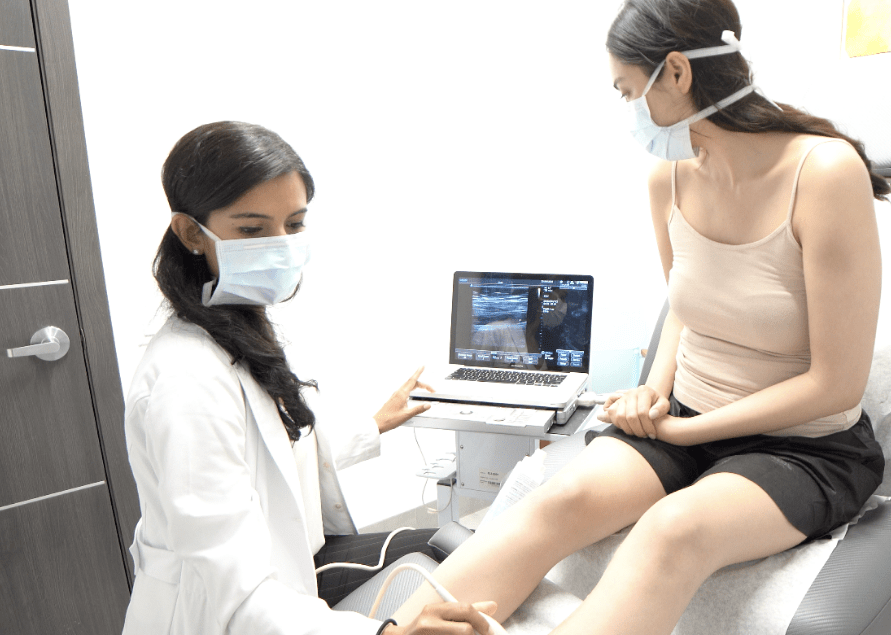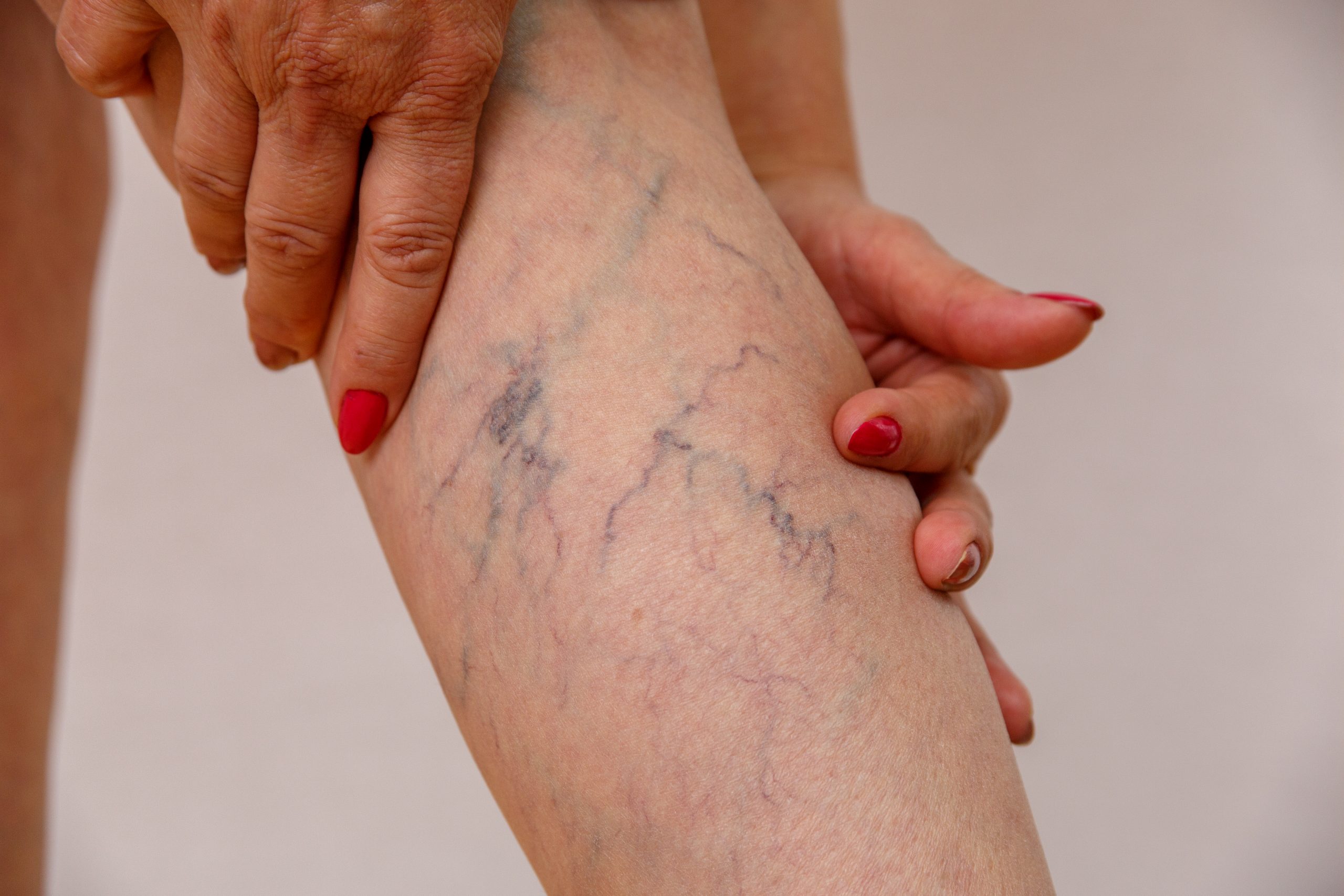Vein Treatment Long Island: What to Expect at a Vein Clinic?
If you're considering vein treatment in Long Island, you're likely wondering what your first visit to a vein clinic will involve. Whether you're dealing with varicose veins, spider veins, or chronic venous insufficiency, knowing what to expect at a vein clinic can help you feel more prepared and confident.
At reputable clinics across Long Island, vein specialists provide a range of modern, minimally invasive treatments designed to improve both the appearance and health of your legs. Let’s walk through what you can expect, from consultation to recovery.
Initial Consultation: Evaluation and Diagnosis
Your first appointment at a vein treatment clinic in Long Island will typically begin with a thorough consultation. During this visit, the vein specialist will ask you about your symptoms, medical history, and lifestyle. Common symptoms that bring patients to the clinic include:
- Aching or heavy legs
- Swelling, especially around the ankles
- Discoloration or skin changes
- Visible varicose or spider veins
- Leg cramps or restlessness at night
The physician will perform a physical examination of your legs and may recommend a duplex ultrasound to assess the blood flow in your veins. This non-invasive test helps the specialist pinpoint the location of damaged or weakened valves, a common cause of varicose veins.

Personalized Treatment Plan
Once your diagnosis is confirmed, your Long Island vein treatment specialist will develop a customized plan tailored to your condition. Treatment recommendations depend on the severity of your vein disease, the symptoms you're experiencing, and your overall health.
The goal is to relieve symptoms, prevent complications, and improve the appearance of your legs. At this stage, you’ll have the opportunity to ask questions, understand your options, and discuss the potential risks and benefits of each treatment.
Popular Vein Treatments in Long Island Clinics
Clinics offering vein treatment in Long Island utilize advanced, minimally invasive procedures. These are typically done on an outpatient basis with little to no downtime. Common treatments include:
1. Endovenous Laser Therapy (EVLT)
This laser-based procedure involves inserting a small fiber into the vein. The laser energy heats and seals the vein shut. It's highly effective and usually takes less than an hour.
2. Radiofrequency Ablation (RFA)
Similar to EVLT, this treatment uses radiofrequency energy to close off faulty veins. It’s known for being quick and relatively painless.
3. Sclerotherapy
This technique is often used for spider veins and small varicose veins. A solution is injected into the affected veins, causing them to collapse and fade over time.
4. VenaSeal Closure System
This newer method uses a medical adhesive to close diseased veins. It requires no tumescent anesthesia and allows for immediate return to normal activities.
All of these treatments are available at leading vein treatment centers across Long Island, performed by board-certified vein specialists.
Aftercare and Recovery
One of the key benefits of vein treatment Long Island is the quick recovery time. Most patients are encouraged to walk immediately after the procedure and return to their daily routines within a day or two. You might be advised to wear compression stockings for a week or two to aid healing and prevent recurrence.
Some mild side effects like bruising, tightness, or itching are normal and should subside quickly. Your vein doctor will provide detailed aftercare instructions and schedule follow-up visits to monitor your progress.
Insurance and Costs
Another important aspect of your visit to a vein clinic in Long Island is the financial side. Fortunately, many vein treatments are considered medically necessary and are covered by insurance, especially if you're experiencing pain, swelling, or skin complications.
The clinic staff will usually help you navigate insurance claims and provide a clear breakdown of any out-of-pocket costs. Be sure to bring your insurance information to your first appointment.

Choosing the Right Vein Clinic in Long Island
When seeking vein treatment on Long Island, look for a clinic that specializes in venous disease and offers modern, FDA-approved treatments. Here are some things to consider:
- Board-certified vein specialists or vascular surgeons
- In-house diagnostic equipment (like ultrasound)
- A track record of successful outcomes
- Personalized care and patient-focused approach
Reading reviews and checking before-and-after photos can also help you feel confident in your choice.
Final Thoughts: Take the First Step Toward Healthier Legs
Choosing vein treatment in Long Island means you’re investing in your health, comfort, and confidence. Whether you're seeking relief from painful varicose veins or simply want to eliminate unsightly spider veins, modern vein clinics offer safe, effective solutions tailored to your needs.
Knowing what to expect at a vein clinic can ease any anxiety and help you make informed decisions about your care. Don’t let vein problems interfere with your lifestyle. Schedule a consultation with a Long Island vein specialist today—and take the first step toward healthier legs.
Meta Description:
What to expect at a vein clinic? Learn about diagnosis, treatments like EVLT and sclerotherapy, recovery, and insurance coverage for vein treatment in Long Island.
Comments
Post a Comment